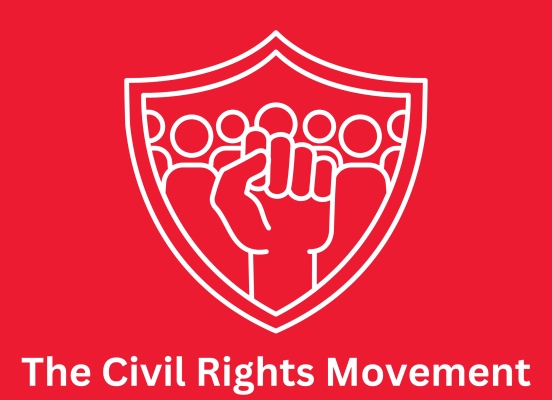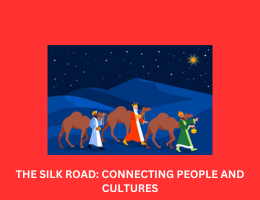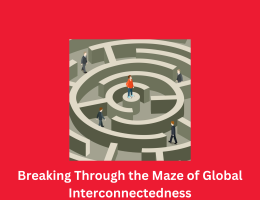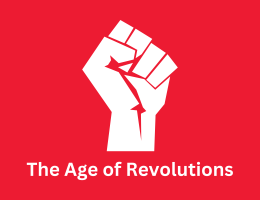
The Civil Rights Movement: A Quest for Racial Equality and Justice
- By admin --
- Thursday, 07 Mar, 2024
Introduction:
The Civil Rights Movement is seen as a turning factor in records due to the unwavering combat for racial justice and equality. This motion, which commenced frequently within the US but spread to other international locations, adversarial institutional racism, discrimination, and segregation. The Civil Rights Movement, spearheaded with the aid of fearless people and grassroots agencies, applied quite a few procedures to result in transformation and achieve noteworthy advancements in the non-stop war for civil rights.
Origins and Context:
The aftermath of slavery in the United States and the continual legacy of racial discrimination are the origins of the Civil Rights Movement. Even after slavery become abolished, African Americans endured to revel in brutality, disenfranchisement, and pervasive discrimination in the Jim Crow South and elsewhere. The legal principle of "separate but same" allowed for the continuation of a machine of racial hierarchy and injustice with the aid of approving racial segregation in public areas, housing, and faculties.
Leaders and Figures:
Amazing individuals who dared to impeach the current quo and spur exchange served as leaders who sparked the Civil Rights Movement. Renowned individuals like Ella Baker, Malcolm X, Rosa Parks, and Martin Luther King Jr. Became effective advocates for justice and community mobilizers. Inspired with the aid of Mahatma Gandhi, King's nonviolent resistance concept have become a pillar of the motion, uniting human beings of all races in the fight for equality.
Strategies and Tactics:
Many strategies have been utilized by the Civil Rights Movement to fight systemic racism and segregation. Marches, boycotts, sit down-ins, and nonviolent protests all come to be powerful strategies for influencing public opinion and making use of stress to choice-makers and institutions. Segregationist legislation had been overturned with the aid of criminal demanding situations, including well-known Supreme Court selections like Brown v. Board of Education, which cleared the direction for desegregation. African Americans have been given the electricity to demand political illustration and workout their rights thru voter registration drives and grassroots activism.
Key Achievements:
In the fight for civil rights and racial equality, the Civil Rights Movement made great progress. The Civil Rights Act of 1964 forbade segregation in public places and workplace policies on the grounds of race, color, religion, sex, or national origin. Millions of African Americans gained the right to vote thanks to the Voting Rights Act of 1965, which also changed the political scene. More social and political inclusion was made possible by these legislative wins, which also signaled a turning point in the struggle against entrenched racism.
Global Impact:
The Civil Rights Movement had an international impact even though its main goal was to combat racism in the United States. Similar racial equality campaigns arose in nations that experienced systematic discrimination, colonialism, and apartheid. The strategies and values of the Civil Rights Movement served as an inspiration for leaders beyond borders, including Lumumba in the Congo, Nelson Mandela in South Africa, and Gandhi in India.
Legacy and Continued Struggle:
Future generations will be motivated to carry on the battle for justice and equality by the enduring legacy that the Civil Rights Movement left behind. Even though there has been a lot of progress, structural racism and injustice still exist, calling for constant engagement and lobbying. The Black Lives Matter movement, which arose in reaction to racism and police brutality, upholds the principles of the Civil Rights Movement by calling for structural change and accountability.
Conclusion:
The Civil Rights Movement is proof of the strength of organizing efforts and of pursuing justice when faced with injustice. The movement changed society and won amazing wins thanks to the bravery and tenacity of its leaders and followers. Nonetheless, the ongoing fight for civil rights and racial equality serves as a reminder of the necessity of combating racism, prejudice, and injustice in all of its manifestations.





